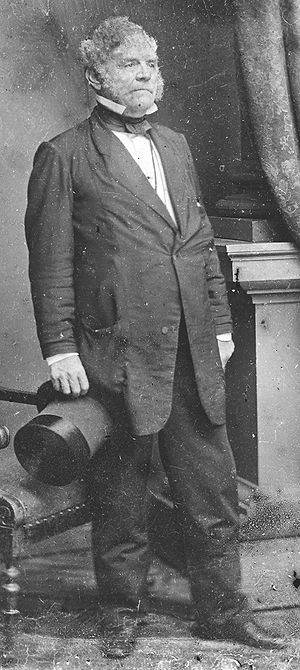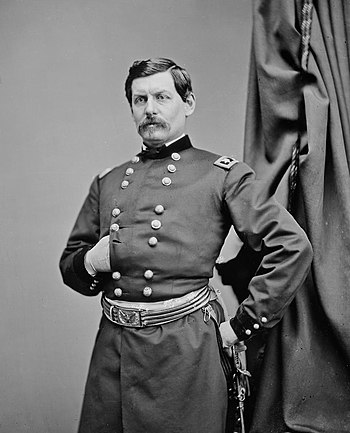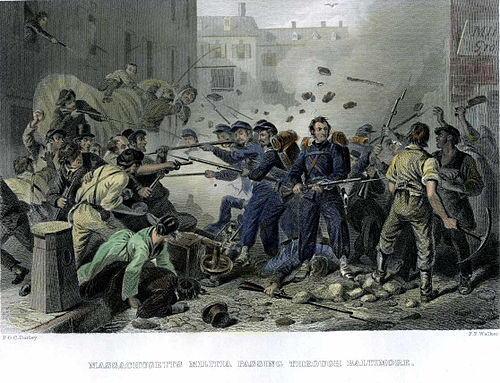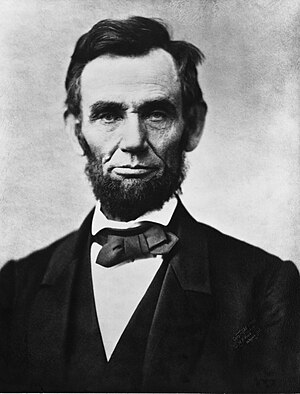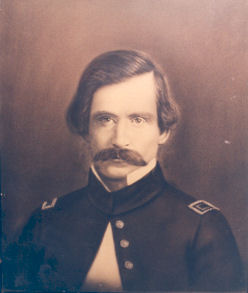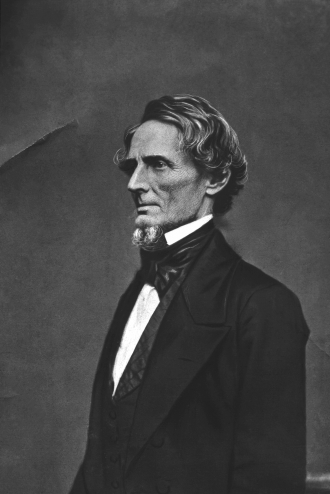 |
| Jefferson Davis |
He quickly recounted the grievances of the south against the north and how a president had been elected who ran on the platform of abolishing slavery:
With interests of such overwhelming magnitude imperiled, the people of the Southern States were driven by the conduct of the North to the adoption of some course of action to avert the danger with which they were openly menaced. With this view the legislatures of the several States invited the people to select delegates to conventions to be held for the purpose of determining for themselves what measures were best adapted to meet so alarming a crisis in their history. ... In the exercise of [the] right [to redress grievances] so ancient, so well established, and so necessary for self-preservation, the people of the Confederate States, in their conventions, determined that the wrongs which they had suffered and the evils with which they were menaced required that they should revoke the delegation of powers to the Federal Government which they had ratified in their several conventions. They consequently passed ordinances resuming all their rights as sovereign and Independent States and dissolved their connection with the other States of the Union.Davis said that the new Confederacy attempted to establish friendly terms with the nation which they had just left, but were refused. He told of the necessary attack on Fort Sumter, Lincoln's call for 75,000 men, the secession of Virginia, and the Confederate efforts to organize the government and raise troops for its defense. He concluded:
A people thus united and resolved cannot shrink from any sacrifice which they may be called on to make, nor can there be a reasonable doubt of their final success, however long and severe may be the test of their determination to maintain their birthright of freedom and equality as a trust which it is their first duty to transmit undiminished to their posterity. A bounteous Providence cheers us with the promise of abundant crops. The fields of grain which will within a few weeks be ready for the sickle give assurance of the amplest supply of food for man; whilst the corn, cotton, and other staple productions of our soil afford abundant proof that up to this period the season has been propitious. We feel that our cause is just and holy; we protest solemnly in the face of mankind that we desire peace at any sacrifice save that of honor and independence; we seek no conquest, no aggrandizement, no concession of any kind from the States with which we were lately confederated; all we ask is to be let alone; that those who never held power over us shall not now attempt our subjugation by arms. This we will, this we must, resist to the direst extremity. The moment that this pretension is abandoned the sword will drop from our grasp, and we shall be ready to enter into treaties of amity and commerce that cannot but be mutually beneficial. So long as this pretension is maintained, with a firm reliance on that Divine Power which covers with its protection the just cause, we will continue to struggle for our inherent right to freedom, independence, and self-government.You can read the entire speech here.

